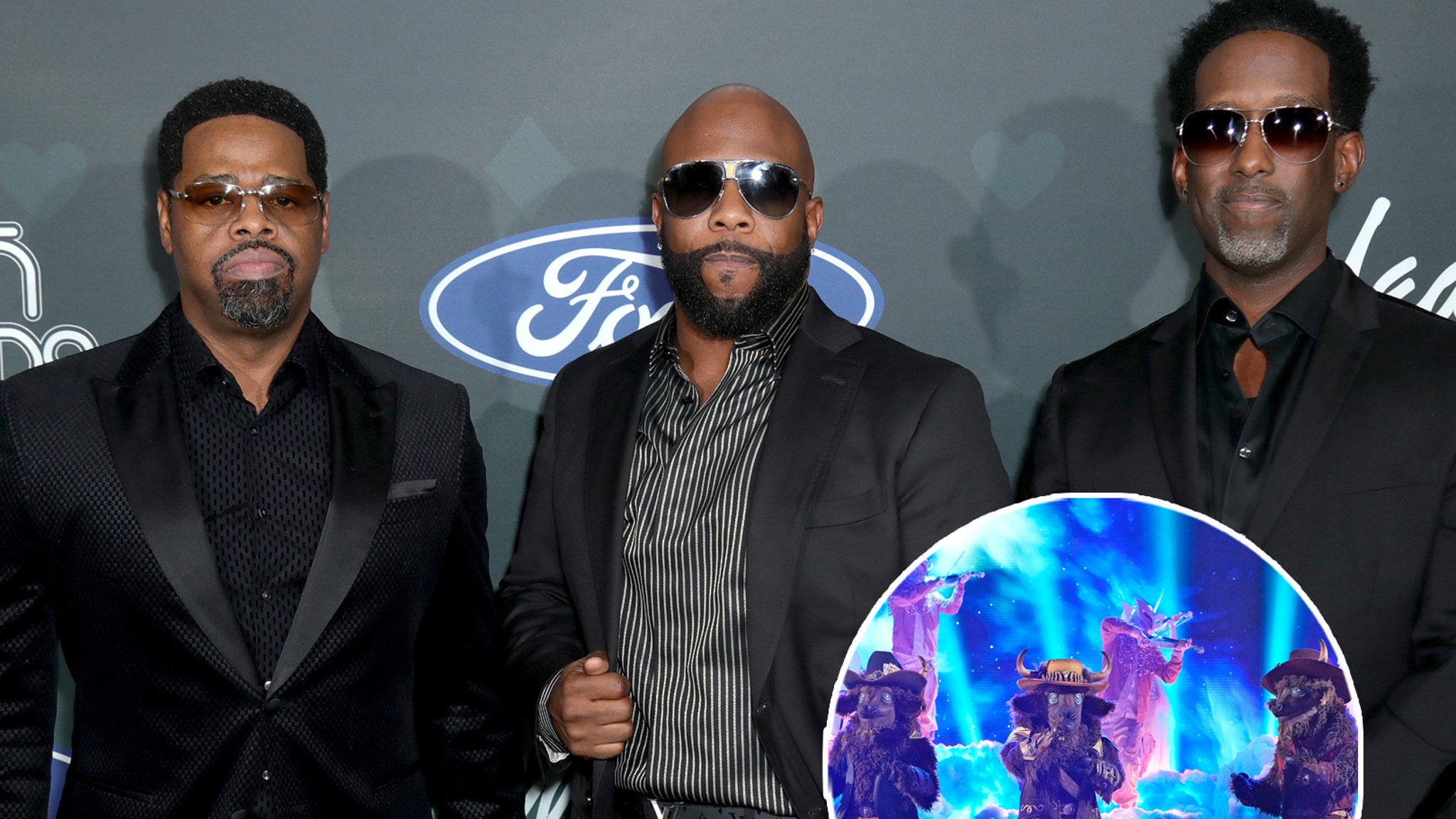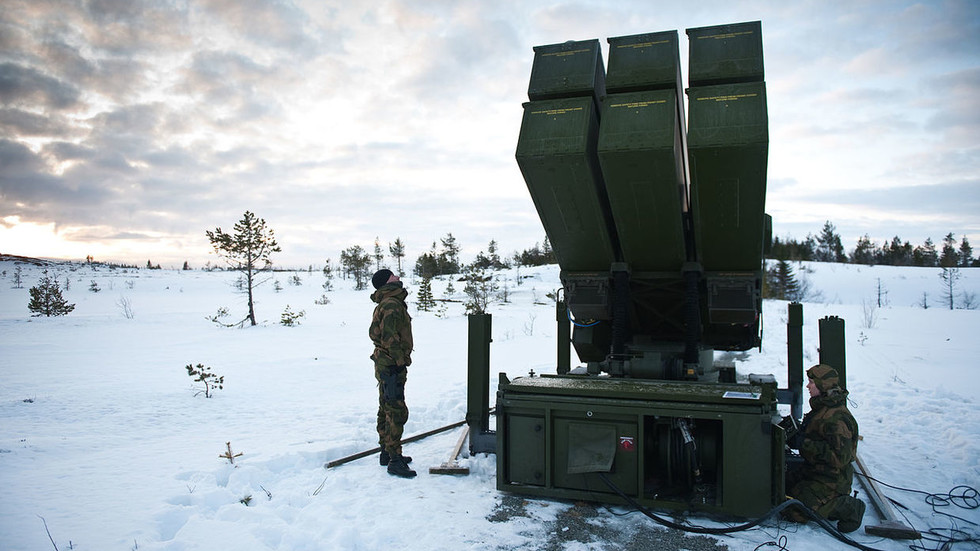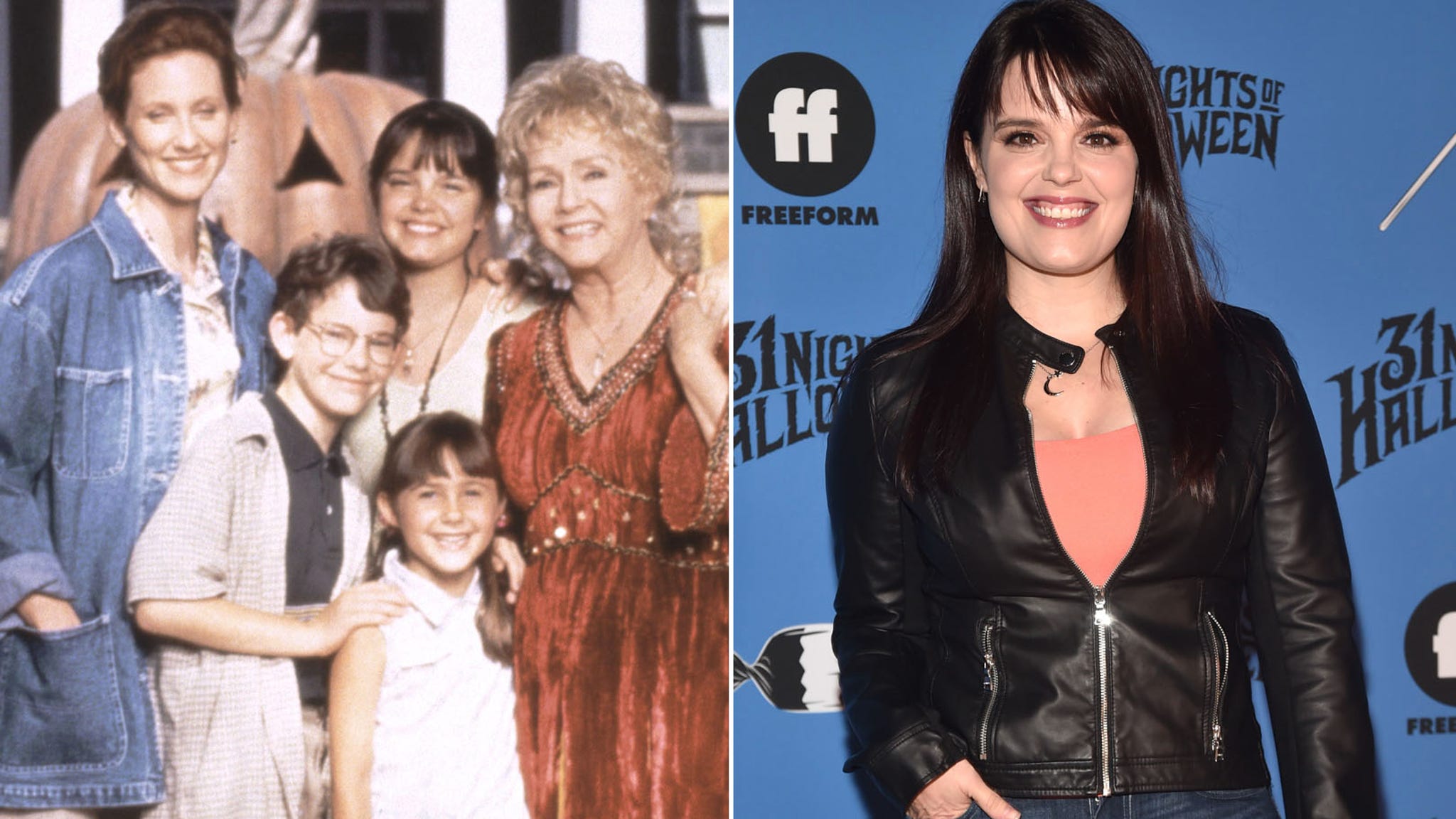Hope you like the words “cave” and “acid” in the same sentence.
Welcome to The Queue — your daily distraction of curated video content sourced from across the web. Today, we’re watching a video essay that explores what makes The Borderlands one of Britain’s most disturbing found footage movies.
We’re all grown ups here. Let’s call it like it is: there are plenty of good found footage horror films out there. There’s the modern classic [REC], which remains one of the most genuinely terrifying films out there. 2022’s Deadstream proved that there’s still plenty of gas in the sub-genre’s tank thanks to mediums like Twitch. Noroi: The Curse exists. There’s so much more to found footage than jump scares and improbable narrative framing devices. Were the copycats piggybacking on the success of 1999’s The Blair Witch Project mostly shit? Absolutely. But part of being a horror fan is zipping on your hazmat suit, wading into the swamps of Tubi, and trying to find the diamonds in the rough.
Speaking of which, let’s dive into the subject of today’s video essay: 2013’s The Borderlands (released stateside as Final Prayer). The directorial debut of writer-director Elliot Goldner, The Borderlands focuses on three men with sharply different religious stances: Father Mark is a fervent believer, Deacon is a skeptic wrestling with his faith, and Gary is more interested in computers (every trio needs someone who “does machines,” okay?). The Vatican has sent the trio to investigate a remote 13th-century church where some funny paranormal shenanigans are afoot. Sure enough, these shenanigans push each men to make up their minds about the Powers That Be.
As the video essay stresses, The Borderlands doesn’t reinvent either the found footage or the folk horror wheels. But the film’s cultivation of a creepy ordinariness makes it a noteworthy entry in genres prone to, uh, going off the rails. It also has a tense and noteworthy third-act rug pull, which I won’t spoil here, but is spoiled in the video (so beware!).
Need more convincing? Have a peek at the video below:
Watch “Britain’s Most Disturbing Found Footage Film”
Who made this?
This video on The Borderlands is by Ryan Hollinger, a Northern Irish video essayist who specializes in horror films. Hollinger’s analysis usually takes the shape of a personal retrospective. Indulging in a healthy dose of nostalgia, Hollinger’s videos are contagiously endearing, entertaining, and informative. You can also check out Hollinger’s podcast, The Carryout, on SoundCloud here. And you can subscribe to Hollinger’s YouTube account here.
More videos like this
- Want to see more of Ryan Hollinger‘s work? Here’s his video on the 1980s nostalgia of the Canadian eldrich horror flic The Void.
- Here’s another sample of Hollinger’s work: a video on how the found-footage disaster picture The Bay unpacks the horror of inaction during a public health crisis. This video has floated into my mind about once a week over the course of the COVID-19 pandemic. Which, given the film’s parasitic subject matter, is…appropriate.
- And here’s one more video essay from Hollinger on what made Joe Johnston’s 2010 take on The Wolfman so divisive.
Related Topics: Found Footage, The Queue

Meg has been writing professionally about all things film-related since 2016. She is a Senior Contributor at Film School Rejects as well as a Curator for One Perfect Shot. She has attended international film festivals such as TIFF, Hot Docs, and the Nitrate Picture Show as a member of the press. In her day job as an archivist and records manager, she regularly works with physical media and is committed to ensuring ongoing physical media accessibility in the digital age. You can find more of Meg’s work at Cinema Scope, Dead Central, and Nonfics. She has also appeared on a number of film-related podcasts, including All the President’s Minutes, Zodiac: Chronicle, Cannes I Kick It?, and Junk Filter. Her work has been shared on NPR’s Pop Culture Happy Hour, Business Insider, and CherryPicks. Meg has a B.A. from the University of King’s College and a Master of Information degree from the University of Toronto.
















